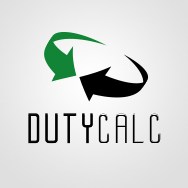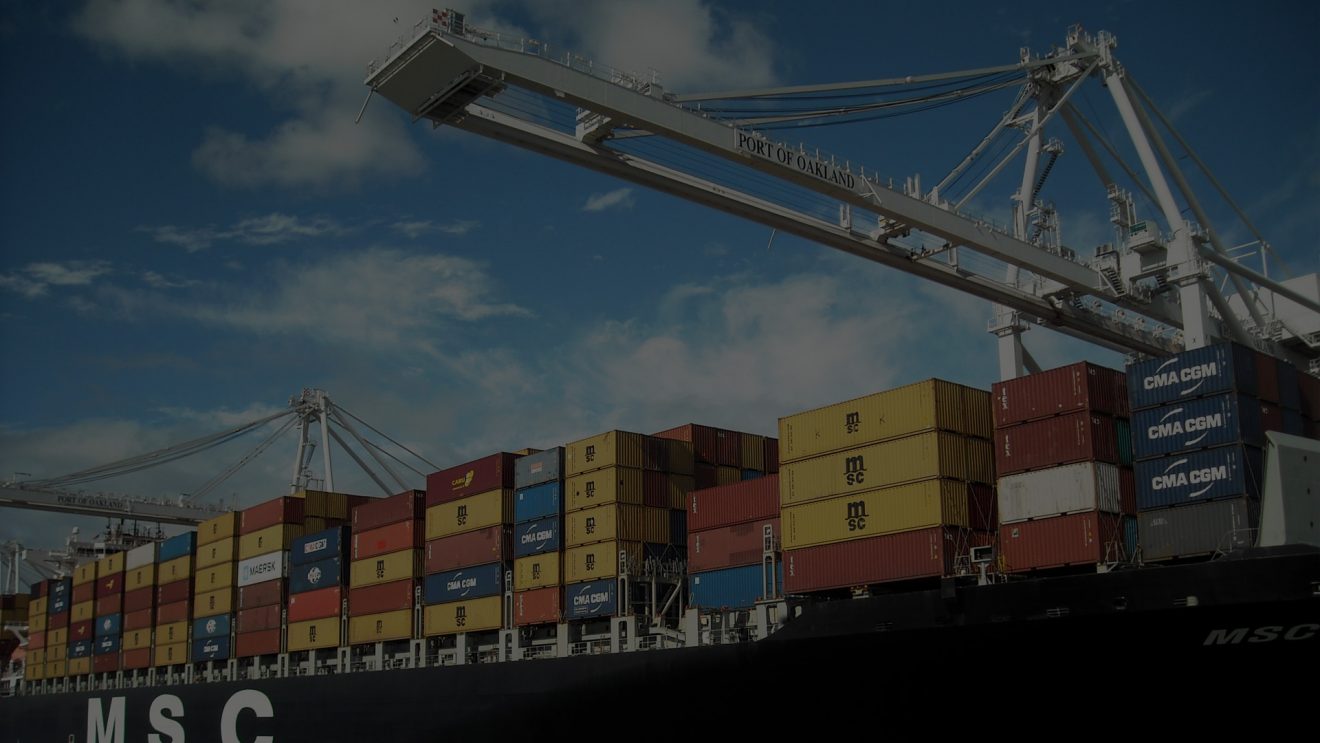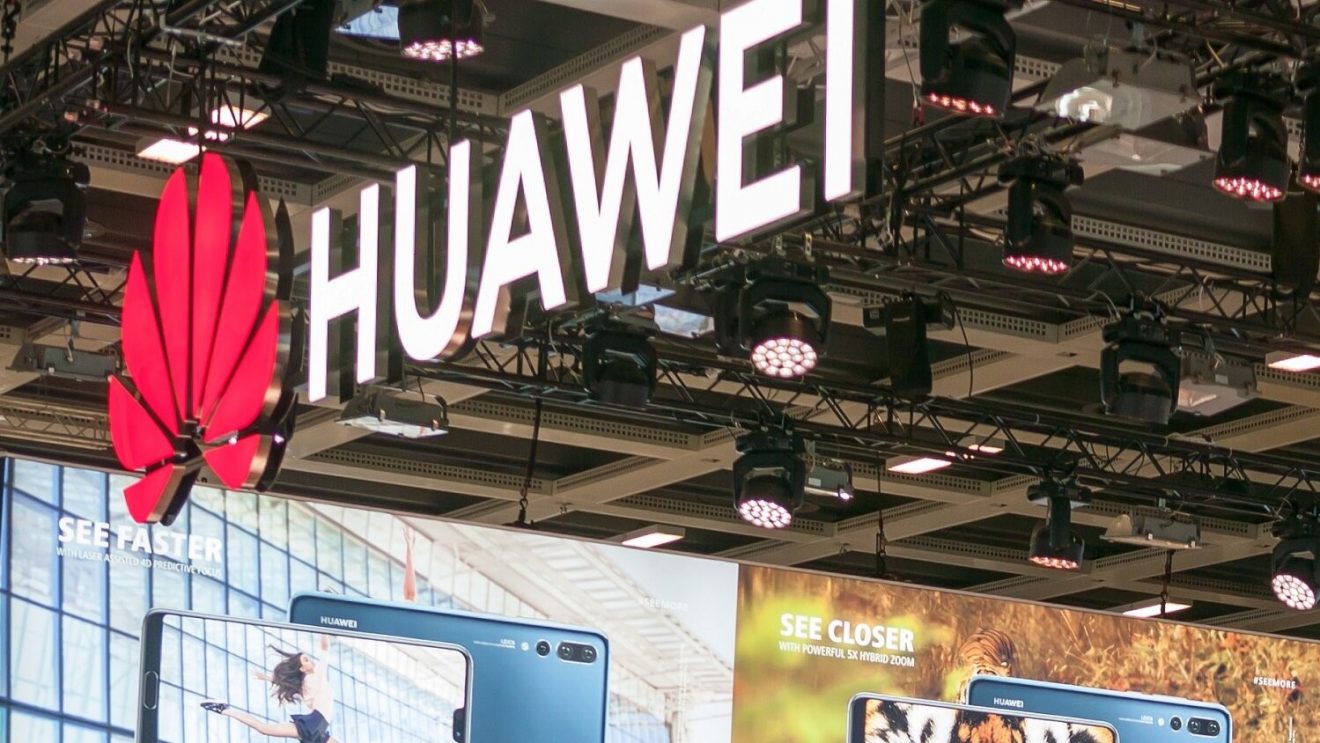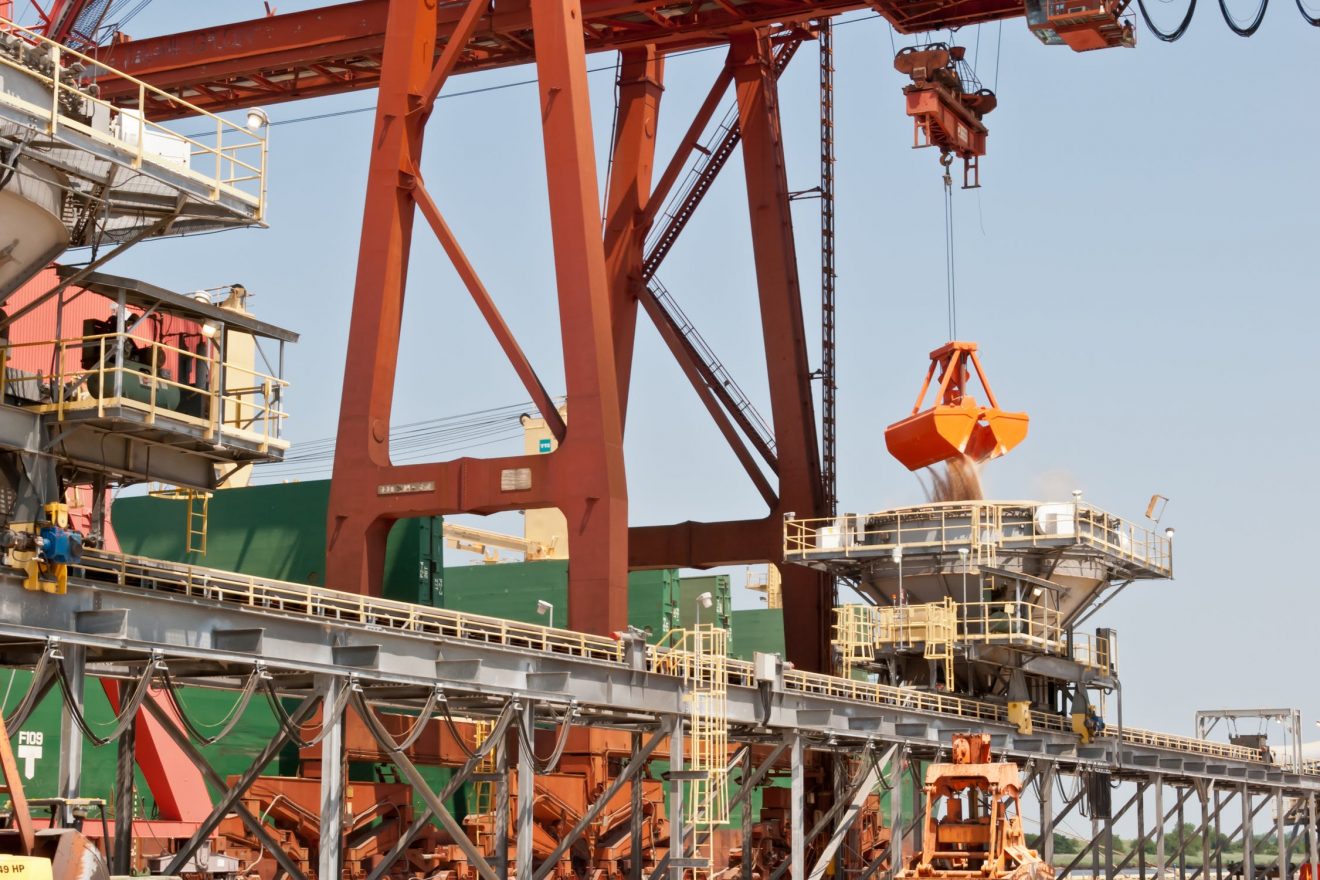
Dutycalc Data Systems was founded in 1988 as a software and consulting company that designs, develops and implements management support systems for the import, export and brokerage communities. Our primary area of focus is Duty Drawback and the implementation of our fully automated Drawback System.



